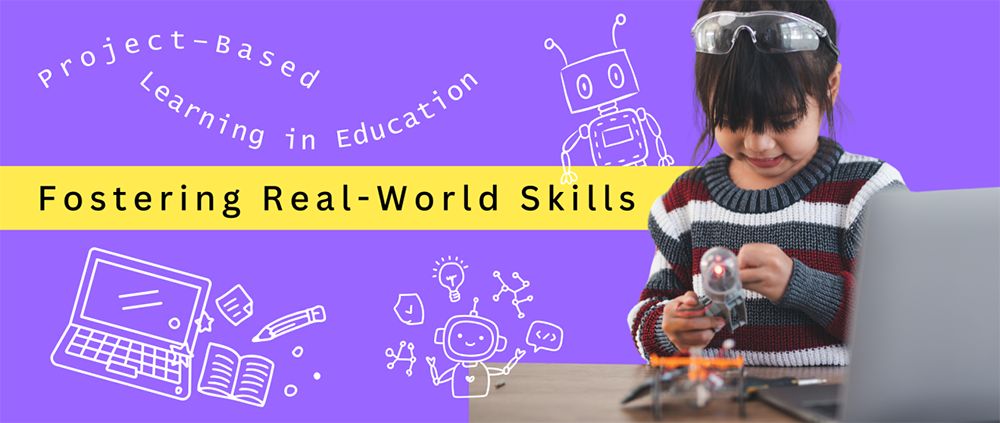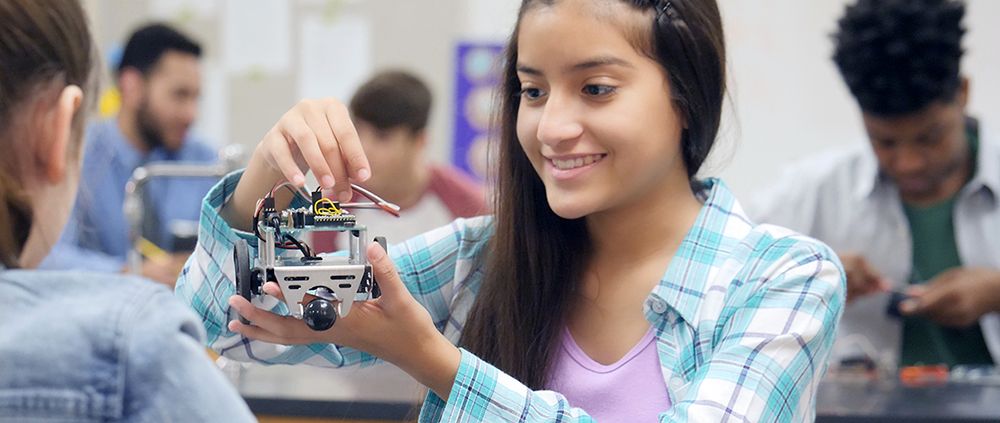
Experiential learning emphasizes hands-on experiences, allowing students to apply knowledge in real-world contexts. Through projects, field trips, and community service, learners develop critical thinking and problem-solving skills, fostering personal growth, collaboration, and creativity, ultimately preparing them for future challenges.
Experiential learning bridges classroom concepts with real-world experiences. By engaging in hands-on activities, field trips, and community projects, students not only grasp theoretical knowledge but also build critical life skills, creativity, and a passion for lifelong learning.

1. Project-Based Learning: Engage students in real-world projects that address local or global issues, such as environmental campaigns or social enterprise development.
2. Field Trips and Visits: Organize excursions to historical sites, science centers, or local industries to provide firsthand experience and enhance classroom learning.
3. Internships and Industry Visits: Partner with local businesses for internship opportunities, allowing students to gain professional experience and understand workplace dynamics.
4. Service Learning: Involve students in community service projects, such as volunteering with NGOs or conducting health camps, to apply their learning while helping others.
5. Simulation and Role-Playing: Encourage participation in activities like Model United Nations or mock business competitions to foster skills in diplomacy, negotiation, and critical thinking.

1. Hands-On Science Experiments: Enhance science learning through practical lab work and field experiments, allowing students to conduct experiments and analyze real data.
2. Arts Integration: Incorporate arts into subjects like history or science through creative projects, such as documentaries, theatrical performances, or art installations.
3. Entrepreneurial Projects: Encourage students to start mini-businesses as class projects, applying principles of economics and management to develop practical business skills.
4. Cultural Exchange Programs: Facilitate collaborative projects with schools in different regions or countries to enhance global awareness and cultural understanding.
5. Reflection and Debriefing: Conduct discussions or reflective writing sessions post-activities to help students process their experiences and encourage deeper learning.
By structuring experiential learning into these two parts, NPS school can create a comprehensive program that engages students in real-world scenarios while also focusing on skill development and personal reflection.